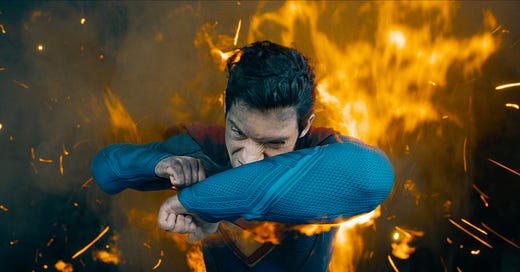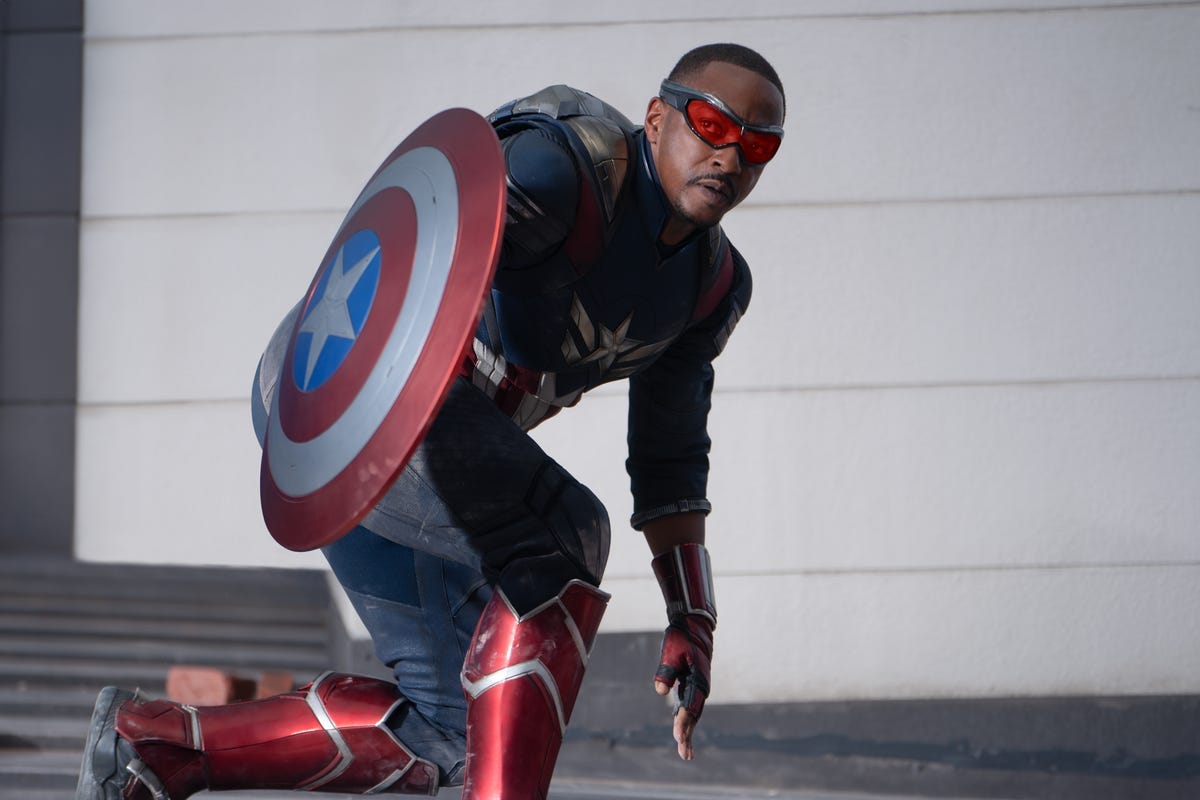Novelist Hilary Layne recently put her contemporaries on blast for ruining heroes because they fundamentally lack an understanding of heroism, virtue, and morality.
In a recent video upload to her YouTube channel, The Second Story, Layne details that current stories have one of three major problems:
The writer assumes that the hero cannot have any significant flaws, especially moral flaws. Nor can they have a different moral opinion or be morally inferior to themselves (the writer) or any other good character in the story.
Heroes are not permitted to develop in terms of moral character, but must being and end with the same overall characteristics, especially morally.
Heroes must necessarily represent the writer’s moral opinion about the real world, regardless of what is occurring within the world of the story.
READ: Dear Deadpub: Men Didn’t Stop Reading. They Stopped Reading YOU.
From there, she observes, “Like it or not, the fictional representation of heroism, virtue, and morality in media is necessarily reliant on the writer’s understanding of heroism, virtue, and morality. And these days, very few people, never mind writers, really understand these things. And even if they do, if most writers could to some degree be considered moral individuals, that doesn’t mean that they will understand the immense moral complexities that they attempt to write for their characters. So, it follows that the characters will have inevitably less and less moral realism, resulting in less and less compelling or interesting heroes.”
“Writers who find themselves unable or unwilling to navigate the complex moral landscape in which they’ve placed their heroes will find that it is difficult to understand and therefore to write how a hero who does some bad things or who has serious flaws is still a hero. This can’t be reconciled with the more commonly popular and excessively simplistic understanding of morality today,” she adds.
After discussing The Patriot, First Blood, and Attack on Titan as good examples of well-written heroes, Layne returned to her criticism of her contemporaries, “Moreover, these days, the emotions of people in general and writers in particular have become more and more oversensitive. These sensitive emotions are used to dictate morality in the construction of heroes. It’s not all surprising that most characters these days are just amoral blobs despite the fact that they’re very often not meant to be. Most writers will tell you that they have a right or an obligation to put their own moral opinions into their works. And that’s, you know, true. The problem is that most writers these days, besides being wildly oversensitive, are forming their moral opinions based solely on emotions. However, on top of emotions you also have the unfortunate reality that a lot of writers like to inject current year social issues into their hero’s character making him or her little more than a megaphone for what really amounts to little more than a rundown of the highlights of their Twitter feed.”
“This is closely related to characters who are self-inserts,” she continued. “The danger of putting yourself into your hero is that you will be less inclined to give that hero flaws and therefore a development arc and you will be extremely sensitive to criticism.”
Returning to her overarching claim that modern writing is terrible because writers don’t understand morality, she compared the Punisher to Marvel’s most recent Daredevil: Born Again show while also discussing how the law is not a substitute for morality, “Guys like Brian Mills and Frank Castle are real heroes in the tradition of Beowulf and Odysseus and even King Arthur. And we as a society miss that. In the past such a bizarre conflation of laws and morals didn’t exist. So, you could have stories of brutal, ruthless heroes who were deemed 100% heroic within the environment of the story and clearly also by the author because the author understood that laws evolve and change and are subject to corruption. But morality is straightforward objective truth. But nowadays, you get a guy who’s a vigilante, but who literally can’t even bring himself to kill child traffickers and he’s somehow an anti-hero. I’m sorry, I just don’t buy it.”
READ: The American Redoubt: George R. R. Martin’s Unfinished Myth
Layne is not alone in her observations. J.R.R. Tolkien wrote in his essay On Fairy Stories, “Probably every writer making a secondary world, a fantasy, every sub-creator, wishes in some measure to be a real maker, or hopes that he is drawing on reality: hopes that the peculiar quality of this secondary world (if not all the details) are derived from Reality, or are flowing into it. If he indeed achieves a quality that can fairly be described by the dictionary definition: ‘inner consistency of reality,’ it is difficult to conceive how this can be, if the work does not in some way partake of reality. The peculiar quality of the ‘joy’ in successful Fantasy can thus be explained as a sudden glimpse of the underlying reality or truth.”
While Layne notes modern writers lack an understanding of heroism, virtue, and morality, many of them are actually opposed to it and thus opposed to reality or truth. Thus Layne’s observation about the decline, deconstruction, and ultimately destruction of heroes is intentional rather than a lack of understanding.
Father John Naugle explains, “Woke, properly defined, is a radical rejection of reality itself which takes the form of a proxy war against the Creator whose existence is denied. Marxism and Communism precede wokism in exactly this manner as it was a project in atheistic materialism (which it learned from the ‘liberal’ West!) which denied the anthropological truth about what man really is and therefore the necessity of private property.”
“The sexual revolution is the accelerant which spread the fire of reality-denial far and wide. Widespread fornication, contraception, adultery, divorce, abortion and sodomy are a direct assault on who we are as men and women, and therefore destructive not merely of individual souls but of nations themselves,” he continues. “It is impossible for a nation to do anything other than self-destruct once the ‘culture of death’ is so firmly entrenched.”
“Becoming ‘woke’ is simply the final unhinged step that claims that reality itself can and should be jettisoned so as to welcome in the progressive utopia where no actions or vices ever have consequences in this life and nothing comes after the death which your doctor should offer to you the moment your continued existence in this world becomes anything less than pleasant,” he declares.
What do you make of Layne’s analysis on why modern writers have ruined heroes?
NEXT: The State Of Sci-Fi And Fantasy Publishing Is Dismal And Looking To Get Worse









Thank you. I have much to study and learn.
I've thought a lot about why modern movies are generally mediocre. The golden age of movies seems to have occurred across the 70s - 90s. Who were making these great films? Boomers who grew up with mediocre movies and spent their whole childhood imagining how to do better.
Who are making films today? GenX and Millennials who grew up contented with excellent movies. The lack of childhood development has permanently retarded writer development in those American generations.
Maybe Zoomers will feel so discontent once again that they spend their whole childhoods imagining how to do better, and in another 20 years or so, we will see a great new Hollywood rise.
The cycle:
- Bad movies discontent the audience.
- Discontented audience becomes good writers.
- Good writers create good movies.
- Good movies content the audience.
- Contented audience becomes bad writers.
- Bad writers create bad movies....